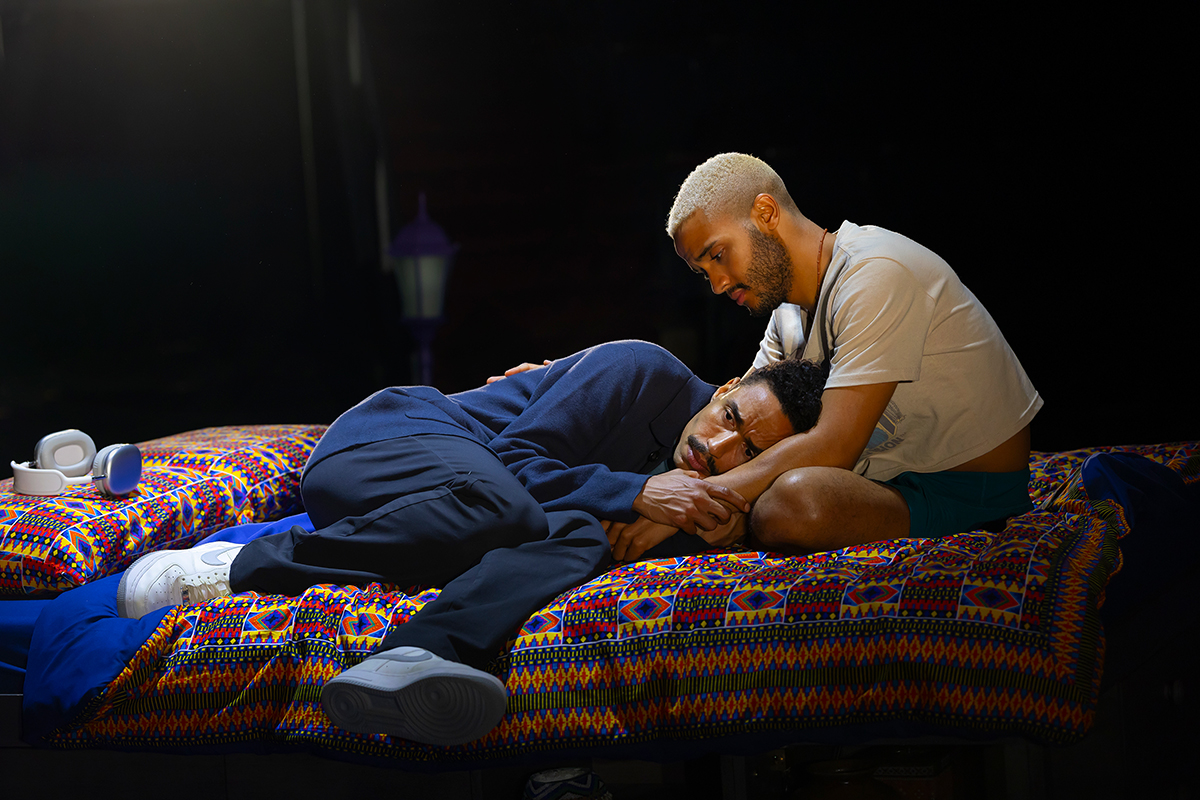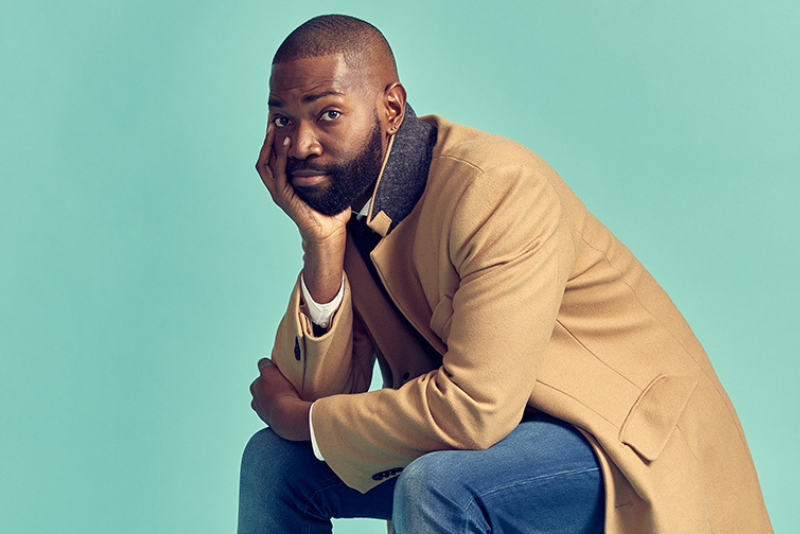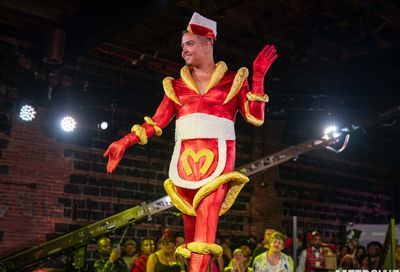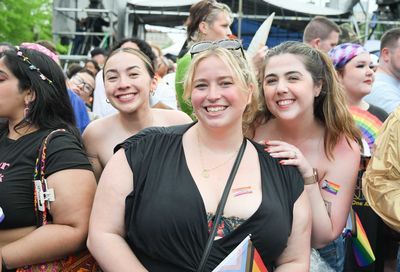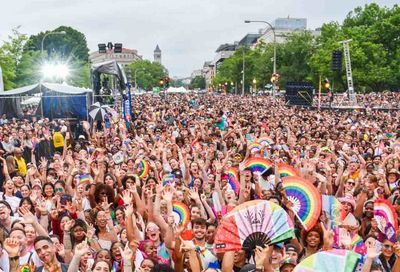Picking and Choosing
When ''LGBT issues'' includes hundreds of topics, how do we as journalists and activists focus our attention?
Because my life isn’t simply about being gay, I spend a lot of time thinking about issues that are important to me even if they don’t directly affect me. I sometimes engage in a little mind game with myself where I get a choice between achieving one goal at the expense of another: Would I give up marriage equality to end the death penalty? Would I turn my back on undocumented youth desperate for the DREAM Act if it meant actual action to halt global warming?
Obviously, this is irrelevant when it comes to policy because it’s the equivalent of asking yourself which child among many you would save from an onrushing train if you only had the time to spare one. There is no right answer because there is no real situation to react to.
For me, this type of thinking is relevant when it comes to deciding what it is I can focus on, deciding what things I care about enough to cultivate an informed opinion yet not really do much about them. I write rarely, if ever, about some of the things that I care about most in a moral sense: ending the death penalty, regulating guns, childhood literacy, vaccinations and public health. It’s not just because I write for this LGBT newsmagazine — I’m the co-publisher, if I want to write about the death penalty no one’s going to stop me. But I have made the decision to keep my focus primarily on LGBT issues because that is closest to home, I’ve been doing so for two decades, and it’s where I believe I can do the most good.
But that doesn’t really solve the central question of where to focus because the phrase ”LGBT issues” is essentially meaningless aside from being a placeholder for a raft of actual issues, from employment discrimination to marriage equality to anti-trans violence.
This was a central theme I saw over the weekend at the 2013 LGBT Journalists Convening in Philadelphia, where the topics that were discussed — immigration, aging, transgender and labor — were notable to some for what was not being directly discussed, including HIV, bisexual invisibility, race and economic divides in the community.
I spent long enough as an activist demanding that the issues I cared about be covered that I know what it means to feel frustrated to not be on an agenda, to not be part of the editorial mix. But as I sat and listened to the panel on aging that made clear that our community some serious problems coming down the road, I did a quick look through my columns for the past two years.
Nope, nary a mention from me since October 2011.
I did a brief interview during the meeting with Mark King of My Fabulous Disease on the diminishing coverage of HIV in LGBT media. I remember how much AIDS dominated our media in the ’80s and ’90s, and rightfully so. I pointed out that since those days not only have we had advances in treatment that have changed perceptions of the disease, we’ve had an explosion of other issues that demand to be addressed as well. It’s not a lack of interest or desire — we do a lot to this day at Metro Weekly — but a recognition that as LGBT journalists we’re trying our best to cover every part of the community.
Imperfectly, but sincerely. The more victories we have as a community, the more glaring our failures to move forward elsewhere. We should rejoice in open service in the military, but not forget that transgender servicemembers are not yet included. We can celebrate our marriages while remembering that vast swathes of our country lack even basic protection from discrimination. We can tout treatments for HIV, but still sound the alarms over infection rates among our most vulnerable youth.
As journalists, bloggers and activists, it’s impossible to deal with everything in a day’s discussion. But we can commit to making our long-term conversations as inclusive, and ultimately successful, as possible.
Support Metro Weekly’s Journalism
These are challenging times for news organizations. And yet it’s crucial we stay active and provide vital resources and information to both our local readers and the world. So won’t you please take a moment and consider supporting Metro Weekly with a membership? For as little as $5 a month, you can help ensure Metro Weekly magazine and MetroWeekly.com remain free, viable resources as we provide the best, most diverse, culturally-resonant LGBTQ coverage in both the D.C. region and around the world. Memberships come with exclusive perks and discounts, your own personal digital delivery of each week’s magazine (and an archive), access to our Member's Lounge when it launches this fall, and exclusive members-only items like Metro Weekly Membership Mugs and Tote Bags! Check out all our membership levels here and please join us today!









